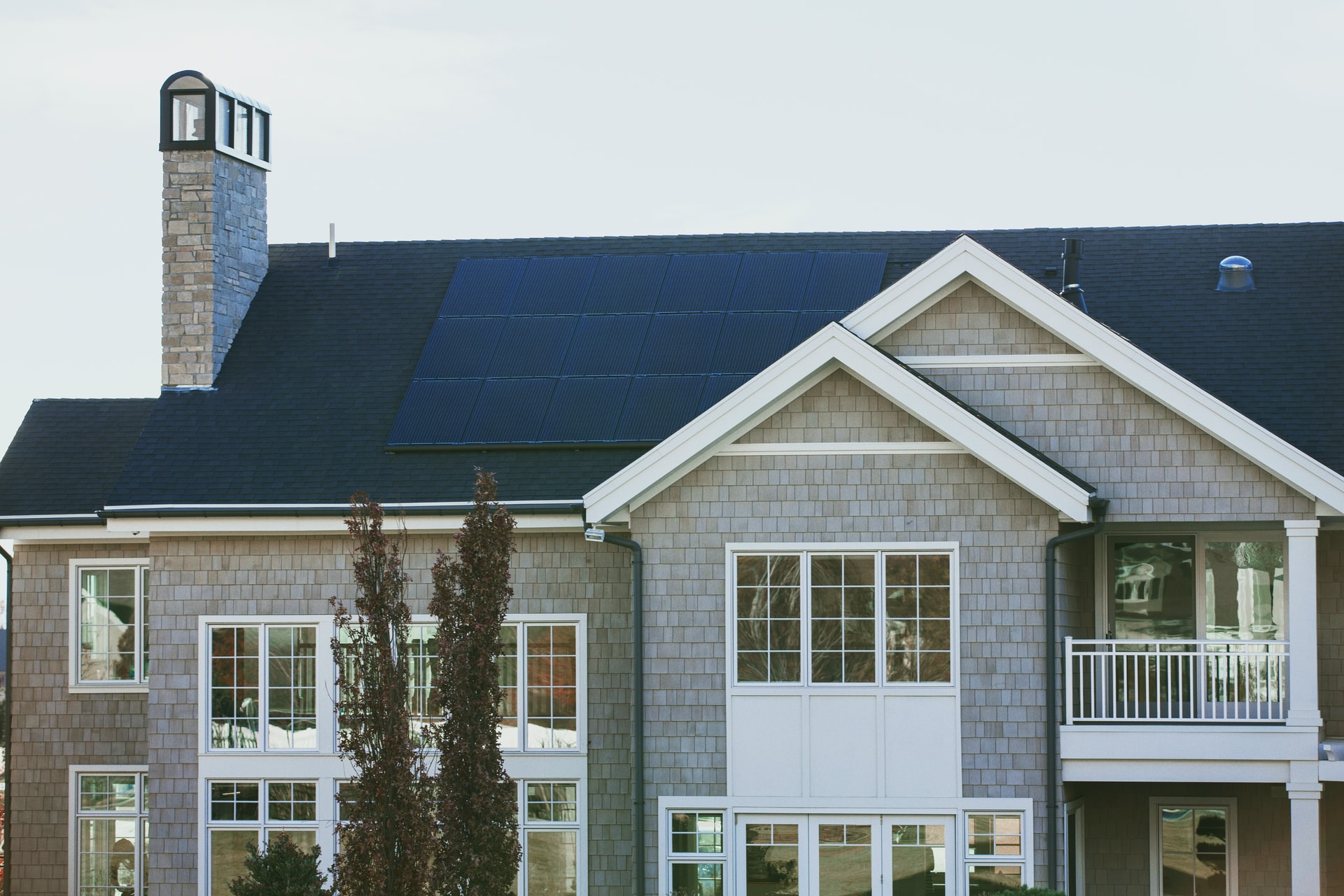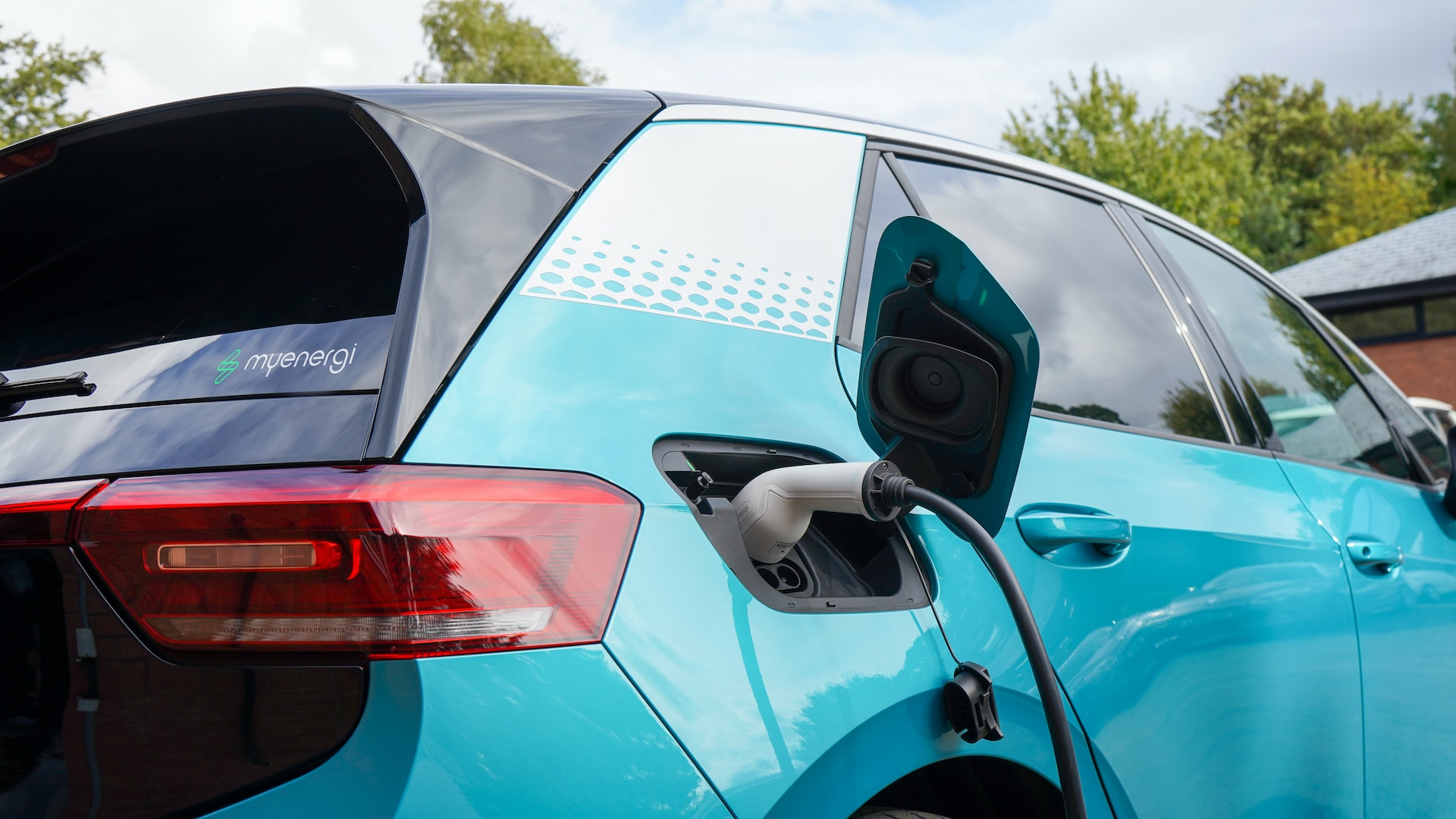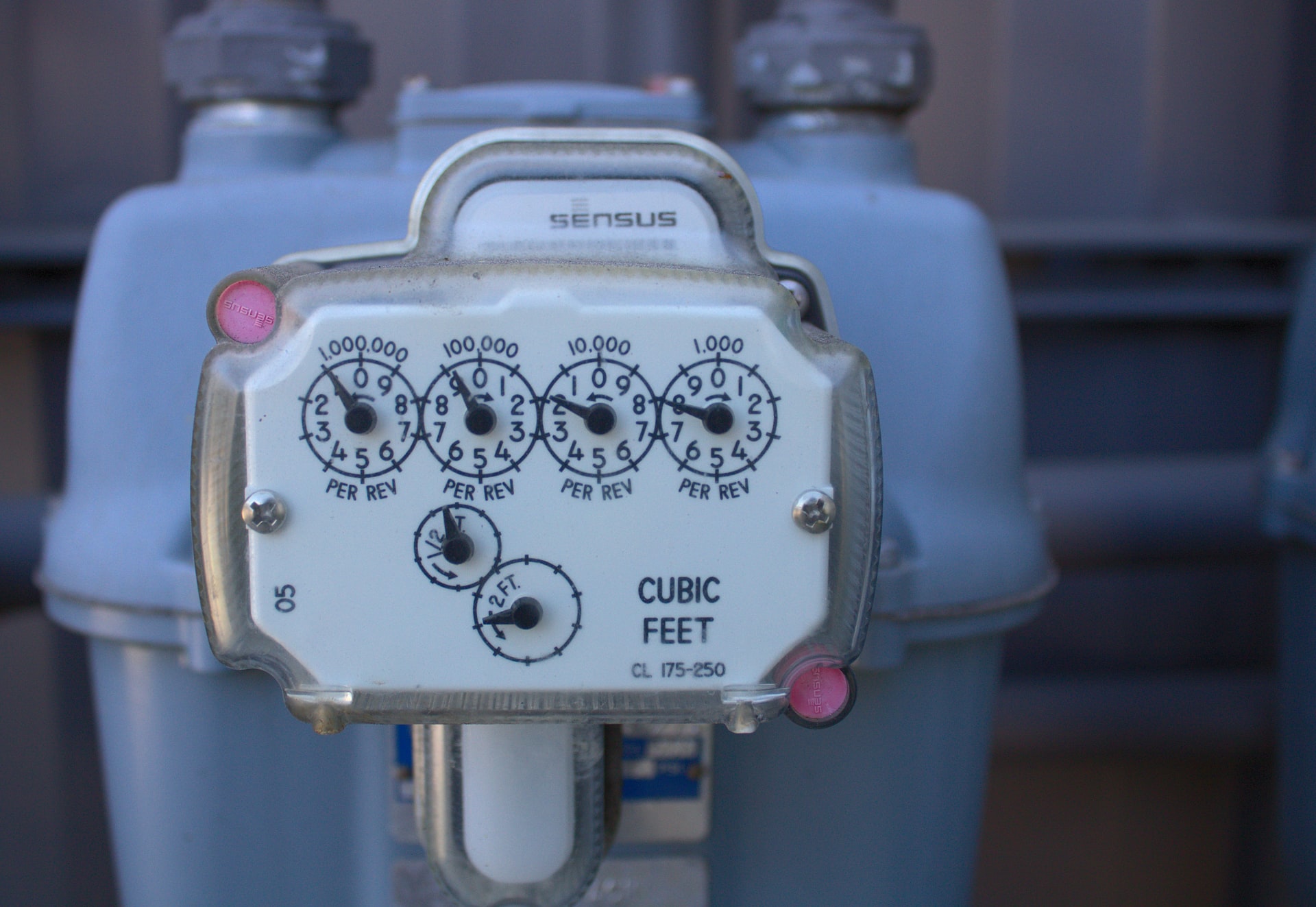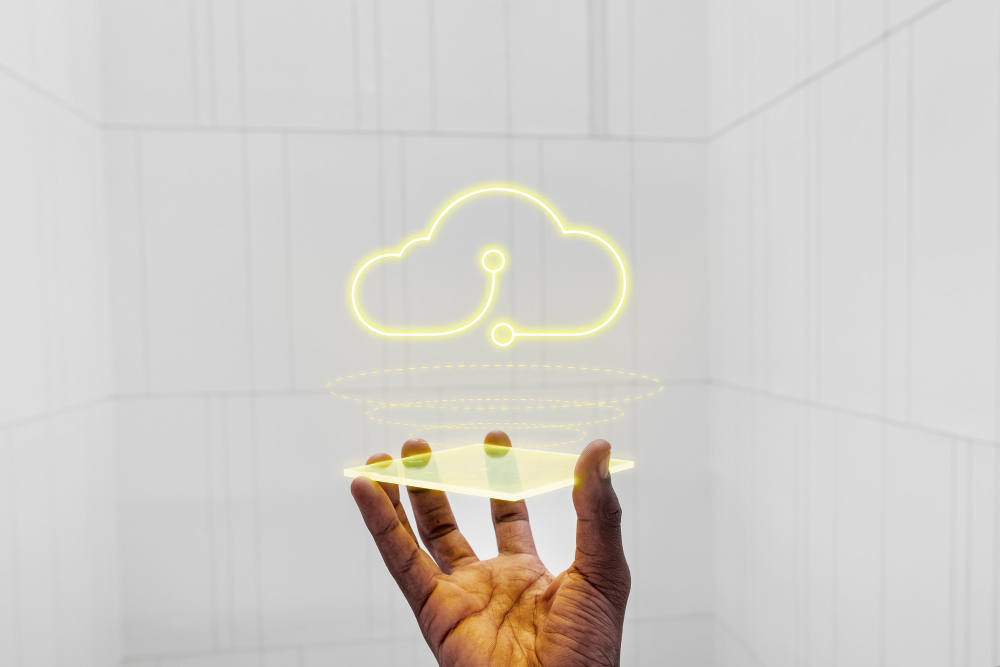Solar energy has become a very popular method of powering a home, there are plenty of benefits when it comes to installing solar panels at your home, and even though we know about its multiple advantages a lot of people shy away from this idea because it can be a little overwhelming and complicated.
We gathered the opinion of different experts on this topic so they can share some tips and knowledge about Solar Power that can help you get to know a little more about installing solar panels in your own home.
Why is it a smart idea for homeowners to install solar panels?
Many homeowners who deploy solar on their homes see their electricity bill drop to $0. Homeowner savings will vary depending on the size of the system deployed [measured in kilowatts (kW)], homeowner’s electricity usage, amount of regional sunshine, well as state and local incentives.
Solar power system prices have declined by 45% over the last five years.
Homeowners, by deploying solar panels, can save on electricity costs while doing their part to combat climate change.
Solar power reduces carbon emissions—110 million metric tons annually.
That’s the equivalent to:
- Taking 24 million (conventional) vehicles off the road
- Not using 12 billion gallons of gas
- Planting 2 billion trees
- Shuttering 28 coal-fired power plants
Susan DeVico from Solaria
How do solar panels work?
Solar panels produce energy during the day by photons striking the silicon cells and knocking electrons loose using a P/N junction to create a field. This creates a negatively charged electron and a hole. The negative electron is then fed through the circuit while the hole is positively charged and moves to the outer edge of the solar cell. The electron moving through the circuit to reunite with the hole produces energy. The solar panels can either feed the energy to the electrical grid through an inverter or store the energy in a battery to be used later, like at night when traditional panels don’t produce power.
Liz Karschner-Slone from SEPCO Solar Lighting
Which type of maintenance do my solar panels need and how often?
Solar panels don’t require a ton of maintenance, but it’s a good idea to clean them about once per year. If it rains regularly where you live, the rainfall should be enough to keep dirt, debris, or leaves off your panels. Alternatively, if you live in an area with heavy snowfall, pollen, dust storms, and/or falling leaves, you may need to do more routine cleaning to reduce buildup on your panels. You should also clean your solar panels more frequently if the power output of your system is hindered.
Cleaning solar panels is easy. You can use a window washing kit or even a mild dish soap solution, as solar panels are made of glass. Just rinse the panels carefully with clean water, use a soft brush or sponge to gently wipe, then rinse clean again.
Deep Patel from Go Green Solar
Why is steam cleaning beneficial for solar panels?
- Steam cleaning is beneficial for solar panels because it effectively removes grime, dust, and pollutants, improving their efficiency and energy output. It’s efficient as the high temperature helps to loosen and dissolve participles.
- Steam cleaning solar panels is also a safe option as long as it’s done carefully and by professionals to prevent any potential damage to the panels.
- As steam cleaning typically only requires water, it’s an eco-friendlier approach. You can clean your solar panels without the need for harsh chemicals.
- Steam cleaning helps the long-term performance of solar panels due to the efficiency and the lack of chemicals.
- Steam cleaning is often done faster than manual cleaning.
Fortador
What is the average cost of having solar panels at home?
Considering the low maintenance required to upkeep your rooftop gem, the average cost of having solar panels at home is minimal. Somewhere between $100 and $150 per annum. That’s if you get a professional solar panel cleaner in to keep the dust off the solar panels. If you’ve opted to buy rooftop solar panels for your home using finance, the annual costs can be a little more. When I say a little more thought, it’s not comparable to the cost of not having solar panels installed at all. From my experience, if you can afford to pay for electricity, then you can afford to install solar panels.
For example, an average energy bill of says $500 per quarter will equate to $2,000 each year. When you install solar panels, the average residential solar system will produce more than half of this, meaning that you will save over $1,000 each year. Without throwing too many prices around, let’s say that the average system costs $6,000. What this means is that for the first 6 years, what you have saved by the reduction of your electricity bill is equal to the upfront cost to install solar panels in your home. After that, and for the life of the system (20+ years) that $1,000+ that you save is going right back into your pocket. Or towards solar batteries like the Tesla Powerwall. It’s really that simple.
Darryn Van Hout from Australian Solar Quotes
What is the lifespan of a solar panel?
The expected life of a solar panel is usually 25 to 30 years. As in most things, quality matters, and can be the difference between a 25-year and a 30 (or even 35) year lifespan. Premium quality panels combine durability with reliability to result in longer useful lives – and they usually come with 25-year workmanship warranties to ensure it. Standard quality panels from reputable manufacturers generally have 10 to 15-year workmanship warranties but are still durable and reliable, and would likely last 25 to 30 years, but generally not quite as long as the premium panels.
Jon Vasconcellos from DFW Solar Electric
How can solar panels help homeowners cut down on their energy bills?
Solar panels aren’t just great for the environment; they can also significantly reduce homeowners’ energy. The renewable and sustainable components of solar energy reduce the dependence on fossil fuels, resulting in lower electricity bills and long-term savings. By incorporating solar panels into their energy system, homeowners can generate their own electricity, thereby reducing their reliance on the grid. This means they draw less power from the utility company, leading to lower energy bills. Additionally, some homeowners may qualify for net metering programs, allowing them to sell excess energy back to the grid, further offsetting costs.
As demonstrated, transitioning to a solar-powered home is not only a wise financial decision but also a significant step toward environmental stewardship. The benefits range from substantial cost savings to notable environmental contributions. The key is to commence your research promptly. Once you feel prepared to embrace solar energy, it’s crucial to continue educating yourself, ideally under the guidance of experts. This approach will ensure that when you decide to install solar panels at your home, you are well informed and ready to make the most of this sustainable energy source.
Swaleh Hassan from GadgetroniX
As you can see, switching to a solar-powered home is a great investment for your home: from cost savings to the environmental benefits this change can have. And the sooner you do your research and If you feel ready to take the next step into Solar Energy It is important to keep on learning guided by the experts so you can install your solar panels at home.




